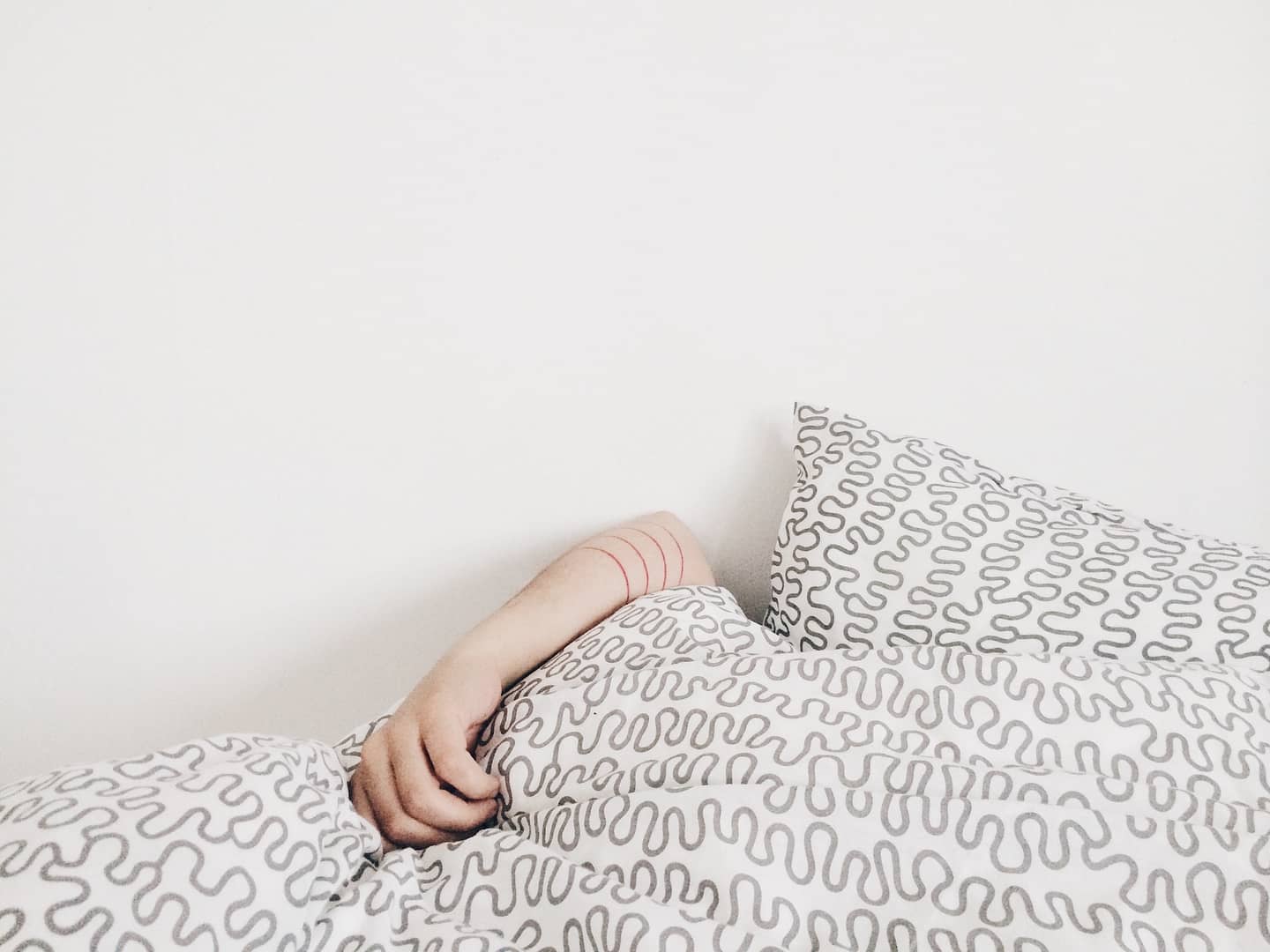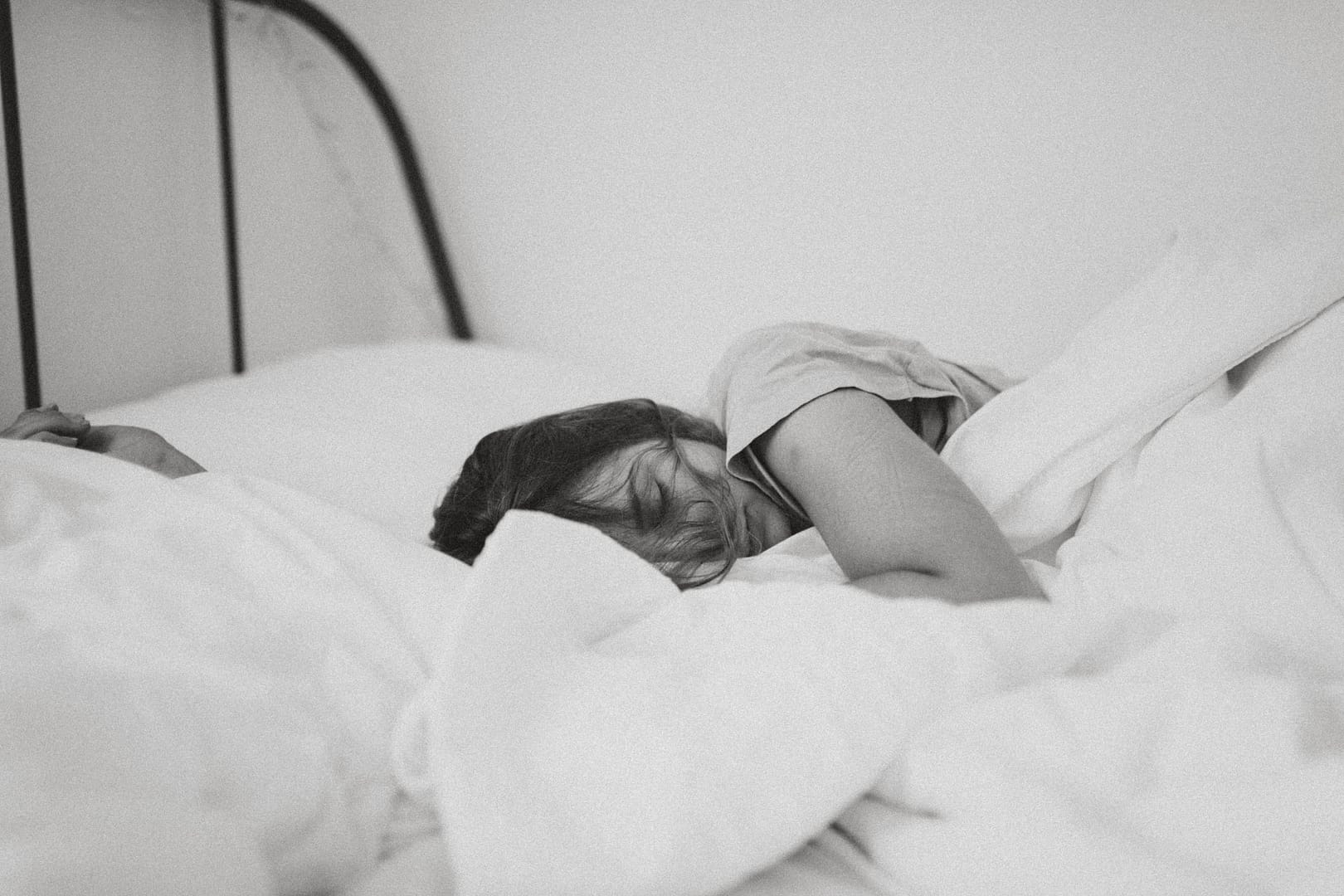In the realm of medical conditions, there’s a topic that often remains hidden in the shadows, not receiving the attention it deserves – sleep disorders in brain injury patients. When we think about brain injuries, we often focus on the immediate and visible consequences, such as cognitive impairment or physical disabilities. Yet, what happens when the lights go out and the world goes silent? Can brain injuries cause sleep problems? Let’s delve into the mysterious world of sleep disorders in brain injury patients and uncover the profound impacts they can have on individuals, exploring the specific case of chronic traumatic brain injury.
The Mysterious Relationship Between Brain Injuries and Sleep
Sleep is a fundamental aspect of our lives. It’s the time when our bodies and minds rejuvenate, heal, and prepare for the challenges of the day ahead. For those who have experienced a brain injury, this essential process can be disrupted in ways that are not always immediately apparent. The connection between brain injuries and sleep disorders is a complex one, often underestimated. Let’s embark on a journey to unravel this intricate relationship.
The Basics of Brain Injuries
Before we delve into the world of sleep disorders, let’s briefly understand what happens to the brain during an injury. A brain injury can result from various causes, including falls, accidents, sports injuries, or medical conditions. It can range from mild concussions to severe traumatic brain injuries (TBIs). Regardless of the severity, these injuries can disrupt the intricate balance of the brain’s functions.
When a brain injury occurs, it can lead to changes in the brain’s structure and chemistry, affecting the intricate neural pathways that govern our daily existence. This disruption can have far-reaching consequences, some of which may only become evident over time.
The Link Between Brain Injuries and Sleep
The brain is like a well-orchestrated symphony, with different areas working in harmony to maintain our physical and mental health. When a brain injury occurs, this symphony can fall out of tune, and one of the first things to be affected is sleep.
Sleep is regulated by various parts of the brain, most notably the hypothalamus, which controls our sleep-wake cycles. When the brain is injured, these regulatory mechanisms can be thrown into chaos. This can lead to a host of sleep-related issues, such as insomnia, sleep apnea, and restless leg syndrome, among others.
One of the most common sleep disorders that can emerge after a brain injury is insomnia. Insomnia can take many forms, including difficulty falling asleep, frequent awakenings during the night, or waking up too early and being unable to return to sleep. This can lead to a perpetual state of sleep deprivation, which can exacerbate other issues resulting from the brain injury.
Chronic Traumatic Brain Injury: A Case Study
To better understand the impact of sleep disorders in brain injury patients, let’s take a closer look at a specific type of brain injury – chronic traumatic brain injury (CTBI). This condition is often associated with repetitive head trauma, commonly seen in athletes, military personnel, and others who have sustained multiple concussions over time.
The Silent Suffering of CTBI
Chronic traumatic brain injury, often referred to as the “silent epidemic,” can manifest in a variety of ways, with sleep disturbances being one of the most overlooked aspects. CTBI often results from a series of concussions, which might not be severe enough to prompt immediate medical attention, but cumulatively, they take a toll on the brain.
Individuals suffering from CTBI often endure persistent headaches, cognitive issues, and emotional disturbances. These symptoms can make life challenging, but what compounds the problem is the disruption of sleep.
The Role of Sleep in CTBI
In the case of CTBI, sleep disturbances are multifaceted and can vary from person to person. However, some common sleep disorders associated with CTBI include:
Insomnia
As mentioned earlier, insomnia is a frequent companion of brain injuries. CTBI patients often struggle with falling asleep and staying asleep, leading to chronic sleep deprivation.
Sleep Apnea
Sleep apnea is another issue that can be prevalent in CTBI patients. This condition involves repeated interruptions in breathing during sleep, leading to poor sleep quality and often accompanied by loud snoring.
Circadian Rhythm Disturbances
The disruption in the brain’s regulation of sleep-wake cycles can result in circadian rhythm disturbances, causing patients to feel wide awake at night and exhausted during the day.
Restless Leg Syndrome
CTBI can also trigger restless leg syndrome, a condition characterised by an irresistible urge to move the legs, often accompanied by uncomfortable sensations, which can severely interfere with sleep.
The Vicious Cycle
The relationship between CTBI and sleep disorders is a classic example of a vicious cycle. Sleep disturbances can worsen the cognitive and emotional symptoms of CTBI, making it difficult for individuals to lead a normal life. For instance, imagine trying to focus on work or studies when you haven’t slept properly in weeks, or attempting to manage mood swings and irritability without the necessary restorative sleep.
Sleep problems can also exacerbate physical symptoms, as chronic sleep deprivation weakens the immune system and hampers the body’s natural ability to heal. Consequently, CTBI patients often find themselves trapped in a cycle where brain injury symptoms contribute to sleep disorders, and sleep disorders, in turn, intensify the brain injury’s impact.
Seeking Help and Treatment
Understanding the profound impact of sleep disorders on brain injury patients is the first step towards seeking help and effective treatment. For those dealing with chronic traumatic brain injury or other forms of brain injury, there is hope, and various approaches can improve sleep quality and overall well-being.
Medical Intervention
Medical professionals can help identify the specific sleep disorders a patient is facing and provide tailored treatment options. This can include medication, cognitive-behavioral therapy for insomnia, and therapies to manage sleep apnea, among other strategies.
Lifestyle Changes
In addition to medical intervention, making lifestyle changes can significantly improve sleep quality for brain injury patients. Adopting good sleep hygiene practices, such as maintaining a consistent sleep schedule, creating a comfortable sleep environment, and avoiding stimulating activities before bedtime, can make a significant difference.
Holistic Approaches
Some brain injury patients have found relief in holistic approaches, such as meditation, mindfulness, and yoga. These practices can help manage the anxiety and stress that often accompany sleep disorders.
Support and Education
Support groups and educational resources are invaluable for brain injury patients and their families. These platforms offer a safe space to share experiences and learn from others who have faced similar challenges. Education about the relationship between brain injuries and sleep disorders can also empower individuals to take control of their health.
Making a serious injury claim with National Claims
If you or a loved one have experienced a brain injury and believe it was the result of someone else’s negligence or misconduct, you may be entitled to compensation. At National Claims, we understand the challenges that come with recovering from a brain injury, including the often-overlooked issue of sleep disorders. Our experienced team is dedicated to helping you navigate the legal complexities and secure the compensation you deserve.
We specialise in handling serious injury claims, and we work tirelessly to ensure that brain injury patients are not only aware of their rights but also receive the necessary support during their recovery. We are committed to providing a compassionate and professional service, recognising the unique challenges that sleep disorders can pose in the aftermath of a brain injury.
Our team of experts can guide you through the claims process, from the initial consultation to the settlement of your claim. We work with a network of medical professionals and experts to assess the full extent of your injuries, including any sleep disorders, and calculate the appropriate compensation. We take into account not only the immediate medical expenses but also the long-term impact on your quality of life.
At National Claims, we understand that no two brain injuries are the same, and each case requires a tailored approach. Whether you’re dealing with chronic traumatic brain injury, sleep disorders, or other related issues, our team is here to advocate for your rights and help you achieve a just outcome.

Conclusion
The connection between brain injuries and sleep disorders is an intricate and often overlooked aspect of recovery. Brain injuries, such as chronic traumatic brain injury, can have a profound impact on an individual’s ability to get a good night’s sleep. Understanding this complex relationship is essential for both patients and their healthcare providers, as it can lead to more effective treatment and improved quality of life.
Sleep disorders in brain injury patients are not a lost cause. With the right interventions, medical support, and lifestyle adjustments, individuals can regain control over their sleep and, by extension, their lives. It’s a reminder that even in the face of adversity, there is always hope for a good night’s sleep and a brighter tomorrow.
If you or a loved one have experienced a brain injury and believe it was the result of someone else’s negligence, don’t hesitate to reach out to National Claims. We’re here to support you in your journey towards recovery and justice. Your well-being and rights are our top priorities, and we’ll work tirelessly to help you make a serious injury claim and secure the compensation you deserve. You’re not alone in this, and there is hope for a better future.
Contact us today to speak to one of our claims specialists who will help you get started with your claim.
Click below to see why we are one of the most trusted claims management companies in the UK.

We’re proud of our excellent customer reviews
We thrive on delivering exceptional service and ensuring our clients’ satisfaction. Don’t just take our word for it. Check out some of our independent reviews to see what our clients have to say.
Excellent

This firm is excellent, they sorted out my car pay out and injury claim very fast, they always communicate with you all the time.

My accident case was dealt with confidence and with great result of the outcome, especially James kept me informed all the time.

I was very impressed at the way my inquiry was treated. I was listened to attentively and everything I needed to know was explained to me.






